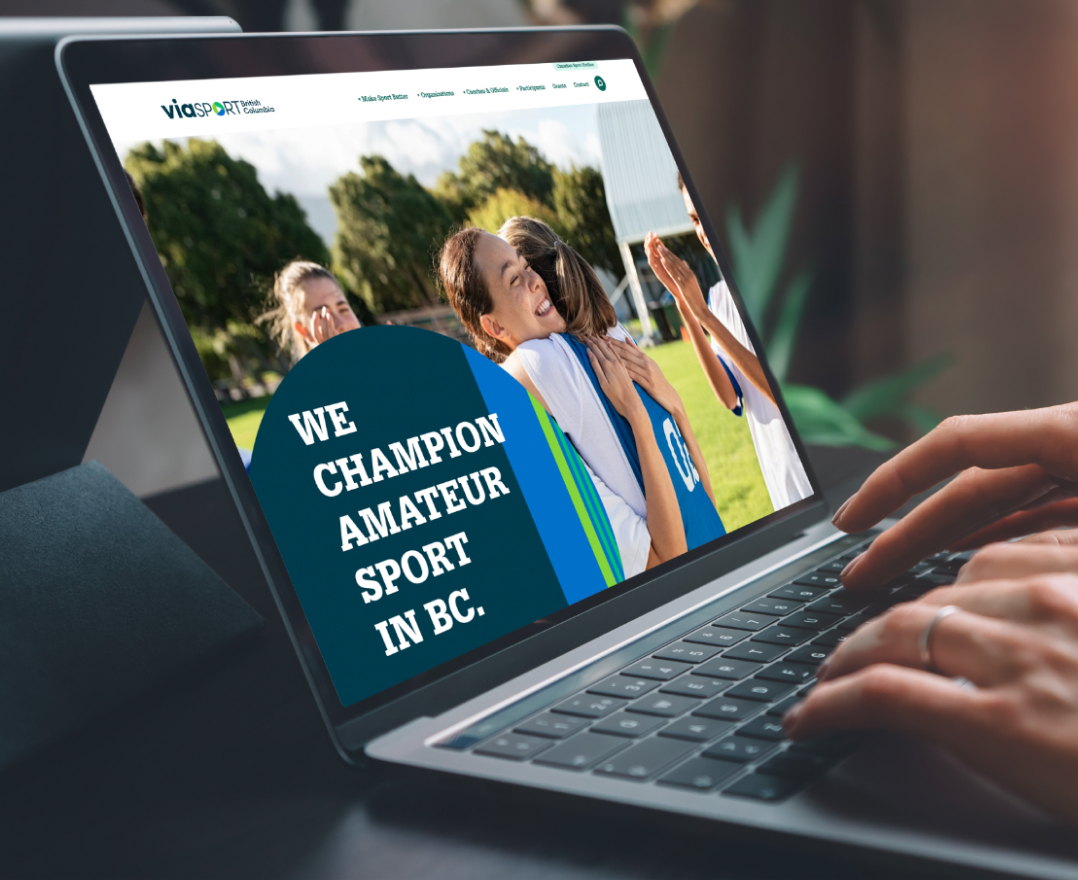Safety in Sport – Focus Group Report
Oct 24, 2023
Focus groups were conducted to understand the various perspectives and insights of the viaSport BC Designated sport community around an independent complaints process for BC.
Safety in Sport – Focus Group Report
Download